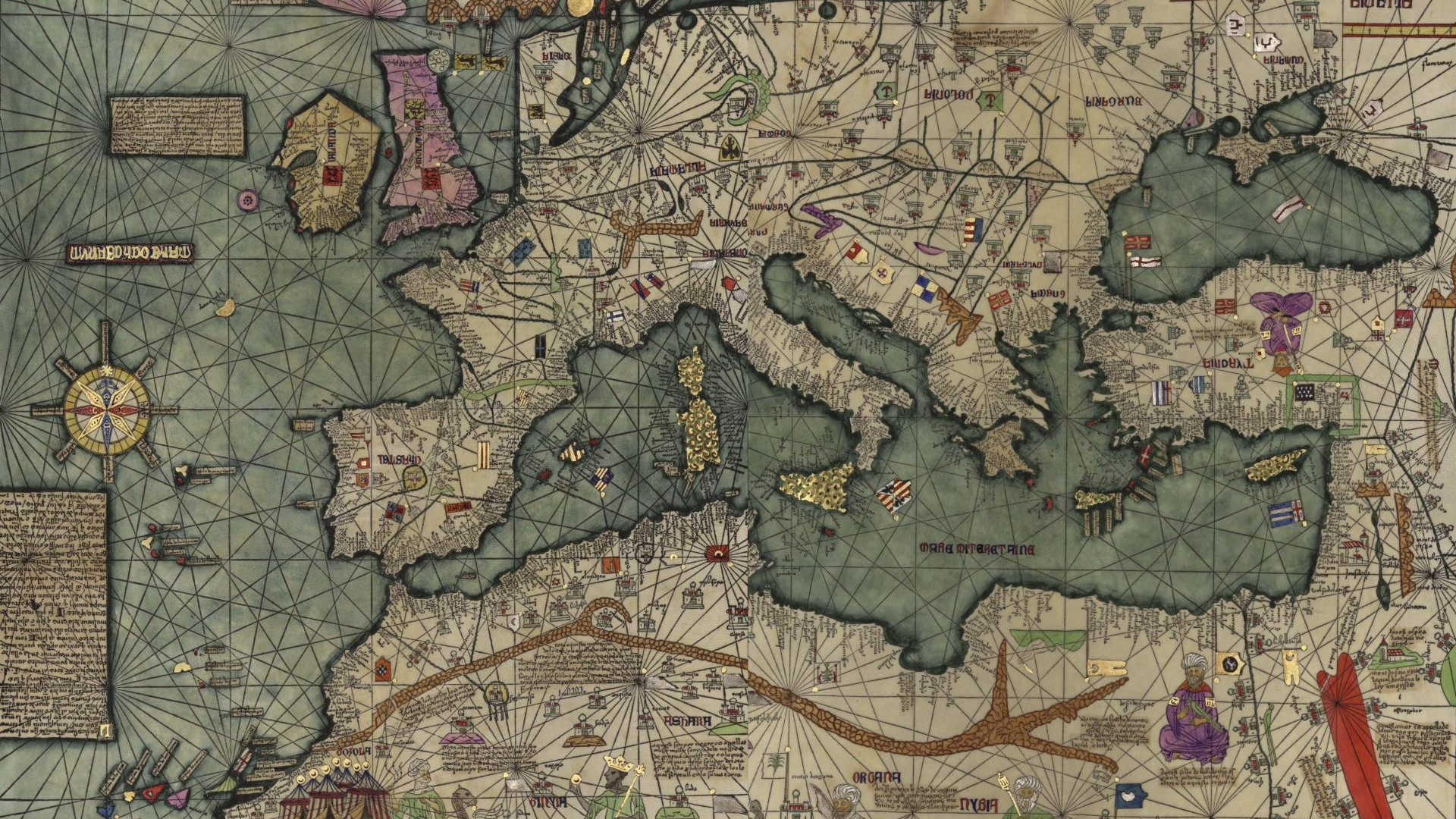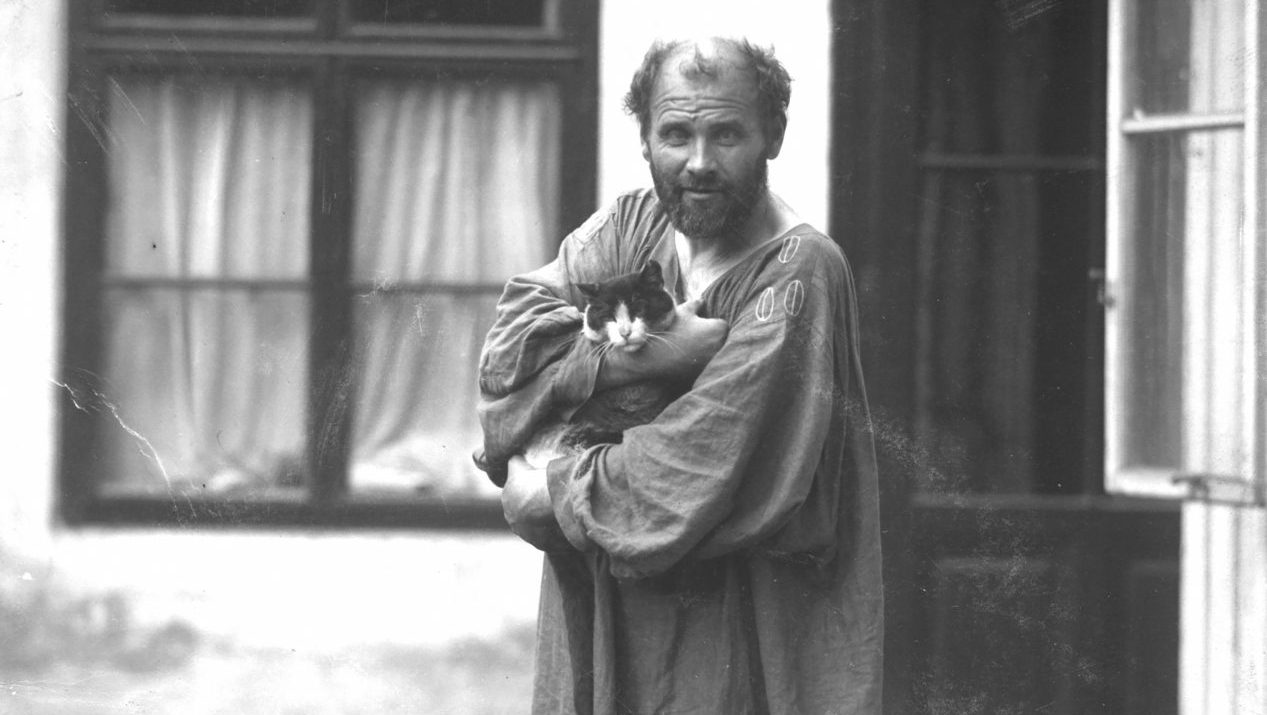In these columns, I have often used the term lingua franca to refer to any language which is employed between speakers who have no native language in common. If Finnish tourists in Greece communicate with the Greeks in English, then they are using English as a lingua franca.
Lingua franca means ‘Frankish language’, with ‘Frank’ being a label often used by the Orthodox Christian peoples of the eastern Mediterranean to refer to Catholics from the west, particularly if they are Romance-language speaking.
The name Lingua Franca originally referred to one particular language which served this function of wider communication. It did so around the coasts of the Mediterranean Sea for many centuries from around 1000AD until the 1800s.
It was also known as Sabir, and was a grammatically simplified, regularised
Romance-based pidgin language, derived mainly from the Provencal (Occitan) language of coastal southern France.
Sabir was also strongly influenced by the languages of the great maritime powers of Northern Italy, Genoa and Venice.
Genoa controlled the large island of Corsica, Greek islands such as Chios
and Lesbos, and parts of the Black Sea peninsula of Crimea. The Venetian
Empire included Dalmatia, the Adriatic coastal area of what is now Croatia;
Crete; and the Ionian and Cyclades Islands of Greece. Genoese and Venetian both made a significant contribution to the Lingua Franca.
Sabir also showed the results of significant input from speakers of Portuguese, Spanish, French, Catalan and Ladino. Ladino (see TNE #156), also known as Judeo-Spanish, is mostly derived from Spanish and Portuguese.
These languages are all very closely related, so it is often not possible to say which of them a particular word came from originally.
The Sabir word respondir ‘answer’ could be derived from any or all of Portuguese, Spanish, Provencal/ Occitan and Venetian responder, Catalan respondre, Genoese rispónde, or Italian rispondere. The name Sabir itself is connected to Portuguese, Spanish and Catalan saber, Venetian saver, and Italian sapere ‘to know’.
Later on in the Lingua Franca’s development, elements were also incorporated from the Berber languages of Morocco, Algeria, and Tunisia (see TNE #152), as well from Greek, Turkish, and Arabic.
The Lingua Franca is now extinct, but it was formerly spoken as a non-native auxiliary trading, nautical and even diplomatic language in ports all over the Mediterranean, including especially North Africa, the Greek islands, and the Levant, where it had initially arrived as a result of the Crusades.
Sabir is also thought by many experts to have been one of the sources of Polari, which is one of a number of “anti-languages” used by particular groups of often socially marginalised speakers, in order for other people no to understand them.
Polari today basically consists of a relatively small number of words which can be inserted into speech which is otherwise English.
Some of these Polari words have made their way into general British and Irish English slang, including bevvy ‘drink’, lingo ‘language’, carsey ‘toilet’, manky ‘bad, poor, tasteless, unpleasant’, and scarper ‘run away’.
The probable Lingua Franca origin of these words can be assessed by comparing them with the Italian words bevanda ‘drink’, lingua ‘language’, casa ‘house’, mancare ‘to lack’, scappare ‘escape’.
The name of the anti-language itself, Polari, seems to be related to Italian
parlare ‘to speak’.
DIPLOMATIC
Diplomatic comes from diploma, the Latin word for an official state document. The Latin came from Greek díploma ‘a folded paper, a letter of recommendation’, which had its origins in Ancient Greek diplóos ‘double’.
To this day, in Greece you can specify a large coffee by asking for a dipló.




